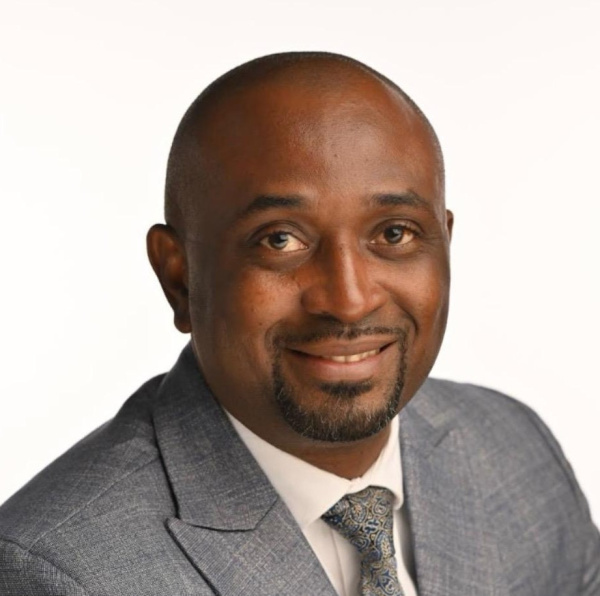
Dr Lambert Tetteh Appiah BSc, MB.ChB, FWACP, FGCPS, PGCert, Cert (Interv. Cardiol.)
Consultant Cardiologist, Senior Specialist Physician, and Senior Lecturer.
Department of Medicine, Kwame Nkrumah University of Science & Technology - School of Medical Sciences (KNUST-SMS), Ghana. Komfo Anokye Teaching Hospital (KATH).

Dr. Lambert Tetteh Appiah is a clinician who teaches and practices Evidence-Based Medicine in the clinic setting. He is a practicing Senior Specialist Physician, a cardiologist, and a researcher with an interest in global cardiovascular health including prevention, epidemiology, clinical trials, implementation science, improving health systems, and training.
His work across the spectrum of cardiovascular diseases in research on CVD risk factors, Stroke, Heart failure, HIV-related cardiac co-morbidities. He also works as a senior lecturer at the School of Medicine and Dentistry of the Kwame Nkrumah University of Science & Technology (KNUST-SMS), Department of Medicine. Currently, he is part of a consortium looking at the role of mobile technology in managing CVD risk factors in a chronic care model (PINGS-2 trial).
He has completed the Fogarty Global Health Fellowship with the University of North Carolina, working on emerging CVD risk among different at-risk groups in Ghana. He is a Fellow of both the West African College of Physicians, the Ghana College of Physicians, also a Fellow of the International Society of Cardiovascular Disease Epidemiology and Prevention (ISCEP).
He has a Postgraduate Certificate in Clinical Research from the Harvard Medical School. He is a member of the Association of Black Cardiologists (ABC) and the American Heart Association. His special interest is in the field of Cardiology (including clinical, Interventional & research). He has experience in Coronary Angiography/PCI, Pacemaker Implantation & Interrogation, Echocardiography, Stress ECG, Surface ECG performance & interpretation, Holter ECG, Ambulatory BP monitoring, and Fibroscan performance and interpretation. He is continually looking to grow the cardiology program in his hospital and to grow his research career in cardiovascular medicine with the view to better contribute to teaching, training, and mentorship of medical students, residents, fellows/cardiologists in Ghana, Lower Middle-Income Countries (LMICs) in his quest to help bridge the worrying gap between research and clinical care.
Courses
See Facilitators Directory






